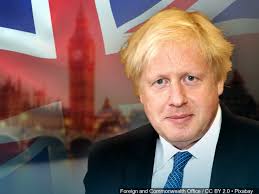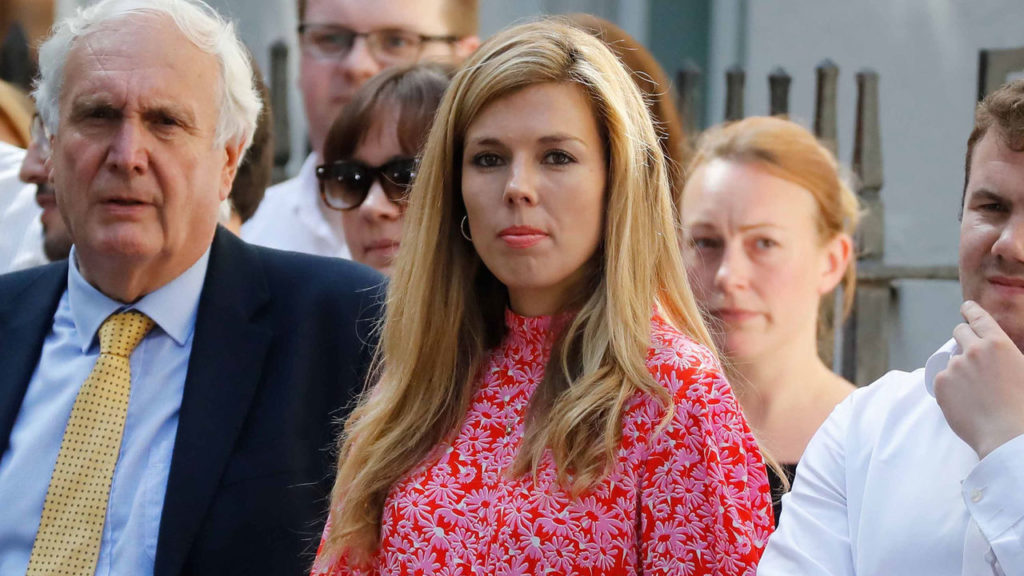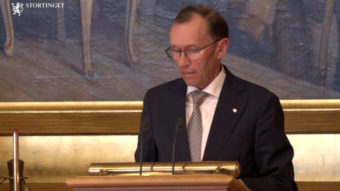
This article is one man’s view of Britain’s attempt to leave the European Union.
It all began with a referendum in 2016 when the then prime minister, David Cameron decided to ask the country if it wanted to remain in the EU, or leave. Many were surprised when the majority of the electorate, 51.9%, voted to leave and so ‘Brexit’ was born.
I voted to leave for three key reasons:
- I was anxious that the European Union was generating large numbers of laws, many of which were of limited relevance to the UK, and the European Court on Human Rights kept overturning British cases that had already been decided by the British courts;
- Regaining control over immigration, especially when the EU began to allocate quotas of numbers of refugees that the UK was required to accept;
- Economic reasons. I felt the UK was being held back from its development by the prevailing European culture of beauracracy and, increasingly, the countries in the north of the EU are subsidizing those in the south.
In addition, I was increasingly anxious that the trend in the EU was for increasing integration towards one, European state and this would erode Britain’s sovereignty and ability to determine its own future. Further, I felt that the unelected executive in Brussels was out of touch with people and their needs and perceived them as arrogant.
The process of change
Cameron had advocated that the UK should remain in the EU and felt he needed to resign in light of the referendum’s outcome. Theresa May, herself a remain voter, became the new prime minister and tried hard to secure a deal for the UK’s exit from the EU, but made no real progress. Much of her initial enthusiasm was eroded by MPs who, despite their constituents voting to leave the EU, decided they knew better and have tried to keep the UK in the EU! She resigned and was replaced by Boris Johnson, ostensibly someone who voted to leave the EU.
Boris has been clear that his first priority in the get the UK out of the EU and set a date of 31 October 2019 as a deadline. He has said he would prefer to exit with a trade deal from the EU, but he would leave without a deal if this is necessary to maintain the departure date. He faces many MPs who believe leaving without a deal will be catastrophic for the country’s future trading relationships with the EU and they appear hell-bent on stopping him by using legislation and a range of tactics to delay him.
Many of us observe these tactics and despair of the way our politicians have eroded the ‘Cradle of Democracy’ to suit their own ends. We have lost respect for our politicians and for the way their own selfishness has resulted in a fragmentation of the political landscape in this country into new factions that are increasingly difficult to control.
My view?
I want us out of the EU for the reasons above. I am confident that we have potential partners around the world that wish to negotiate trade deals with us and, with a little time, we will emerge more strongly as an independent state than if we remain in the EU.
Michael Gifford
* Half English and half Norwegian.





UK election looms: Boris Johnson and Jeremy Corbyn BOTH pose serious threats to the economy
-FOR IMMEDIATE RELEASE-
SEPTEMBER 6 2019
A UK election is almost certainly on the horizon – and domestic and global investors should revise their portfolios accordingly, warns the boss of one of the world’s largest independent financial advisory organizations.
The warning from Nigel Green, founder and chief executive of deVere Group, which has $12bn under advisement, comes as the government announces that a fresh vote on an early election has been scheduled for Monday just before Parliament is due to be suspended from next week until 14 October.
Mr Green affirms: “With the UK’s Brexit–driven political crisis escalating, it’s almost certain that there will be a general election in order to try and end the deadlock. The only question is whether it will take place before or after the Brexit deadline day of 31 October.
“When it happens, it will be an election that gives voters the stark choice between Johnson’s no-deal Brexit, which would likely negatively impact the UK economy for several years, or Jeremy Corbyn’s Labour party, which promises an agenda of anti-business, high-tax, low-profit policies.
“Depressingly those are the options facing the British electorate in a time of national crisis.”
He continues: “Against the somewhat bleak outlook, UK domestic investors and global investors with exposure to UK assets should revise their portfolios accordingly.
“They should remain invested and ensure their portfolios are truly diversified across asset classes, sectors and regions.”
Mr Green goes on to say: “It’s clear no-deal is deeply unpopular in parliament. As such, Mr Johnson needs to stop wasting time, stop his bully boy tactics, and start with real diplomacy to get negotiations reopened.
“Despite, in effect, losing one card, the PM still has a ‘strong hand’ in fact it could be getting stronger – not due to his strategy, but because Germany is on the brink of recession and they are Europe’s powerhouse economy. The last thing they need is a no-deal and be unable to trade effectively as they do now with the UK, especially as the wider EU and global economies are slowing.”
The deVere CEO concludes: “An election in itself will create further uncertainty for the UK economy and the pound – and whoever wins, Mr Johnson or Mr Corbyn, the drama will be far from over for differing reasons.
“Geopolitical factors of this magnitude impact investor returns and steps should be taken to mitigate risks and take advantage of the opportunities when they are presented.’
-ENDS-
e: george@priorconsultancy.co.uk
t: +44 207 1220 925
Twitter: @PriorConsults
deVere Group is one of the world’s largest independent advisors of specialist global financial solutions to international, local mass affluent, and high-net-worth clients.